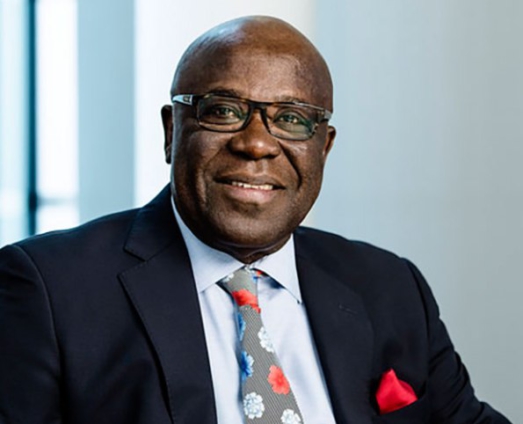Chancellor of the University of Cape Coast, Sir Samuel Esson Jonah, has sounded a critical alarm on the pervasiveness of corruption within Ghana’s public institutions, describing its effect as deeply corrosive to national values and governance.
Speaking at the Graphic National Development Series, Sir Jonah highlighted how corruption has become so embedded in society that many view it as almost a cultural norm rather than an anomaly.
"Corruption has become so pervasive that many Ghanaians consider it as an intrinsic part of culture, and not to be corrupt as a social anomaly,” he noted, pointing to a shift in societal attitudes that view non-corruption as "unbusinesslike" and even naive.
Sam Jonah argued that the current governance landscape is marred by scandals that seem to worsen with each passing year.
According to him, political and executive figures rarely face disciplinary measures for corruption, graft, or illicit wealth accumulation, and such offenses are often overlooked if they occur within the ruling government’s sphere of influence.
"Rather than emulate the selfless spirit of our heroes, governance is replete with scandals, which get worse by the day; and governments do not only spare the corrupt within their own bracket, we hardly hear of disciplinary action against public officials traceable to executive graft, corruption, self -aggrandizement, or unexplained wealth," he said.
Sir Sam also voiced apprehension regarding the declining integrity within Ghana’s legislative body.
“When even the legislature, which should embody the principles of law, ethics, and virtue, shows signs of malice, the people’s hope and confidence plummet,” he stated, noting the erosion of trust in the institutions designed to uphold transparency and justice.
Addressing Ghana’s broader challenges, he remarked, “We are confronted with issues that go to the heart of our challenges: economic decline, corruption, environmental degradation caused by illegal mining, and the erosion of patriotism. Amidst all of these, we live in an emerging culture that prioritises personal gain over collective well-being.”
Latest Stories
-
King sends heartfelt message to fellow cancer patients
13 minutes -
Meta warns of ‘worse’ experience for European users
27 minutes -
Trump tells business chiefs he needs ‘little bit of time’ as US economy shrinks
40 minutes -
‘When the lights go off, people must move’ – Energy Minister warns ECG over ‘unacceptable’ delays
57 minutes -
Energy Minister faults ECGs communication breakdown, calls for overhaul in customer service
1 hour -
‘We inherited a crisis’ – Energy Minister pins load shedding on NPP administration
2 hours -
‘I know it’s not easy, but I’m not here to complain’ – Energy Minister vows to fix power woes
3 hours -
‘When the lights go out, so does public patience’ – Energy Minister admits fault, promises fix
3 hours -
Youth urged to take advantage of opportunities in rice value chain
4 hours -
Katy Perry felt ‘battered and bruised’ by backlash
6 hours -
‘I cannot accept that lights go off when it rains; that makes no sense,’ – Energy Minister
6 hours -
Apple referred for possible criminal contempt investigation
6 hours -
Sinner considered quitting during doping case
7 hours -
BoG is not injecting significant amount of dollars to support cedis stability – Dr Johnson Asiama
7 hours -
Court remands four into NACOC’s custody for alleged cocaine smuggling
7 hours

